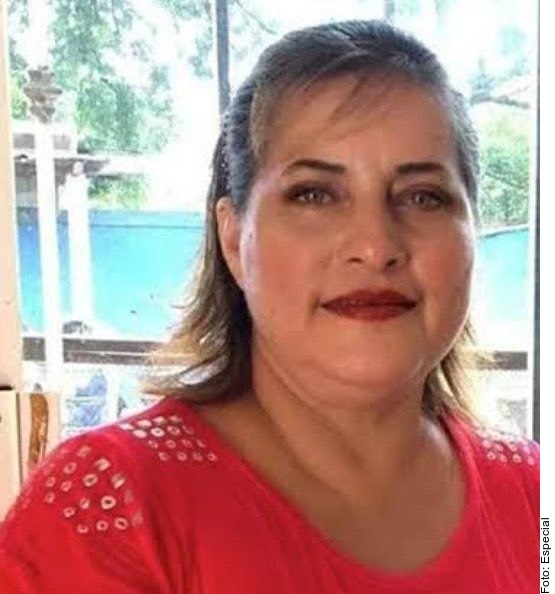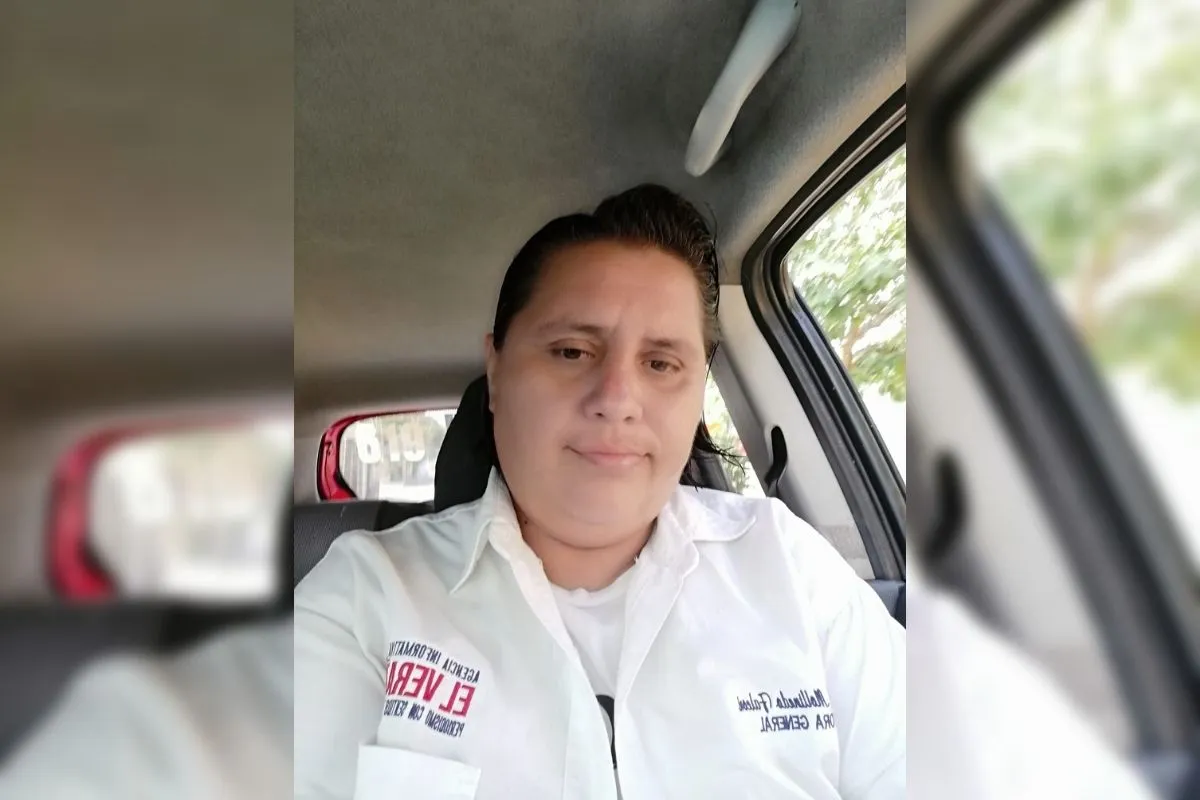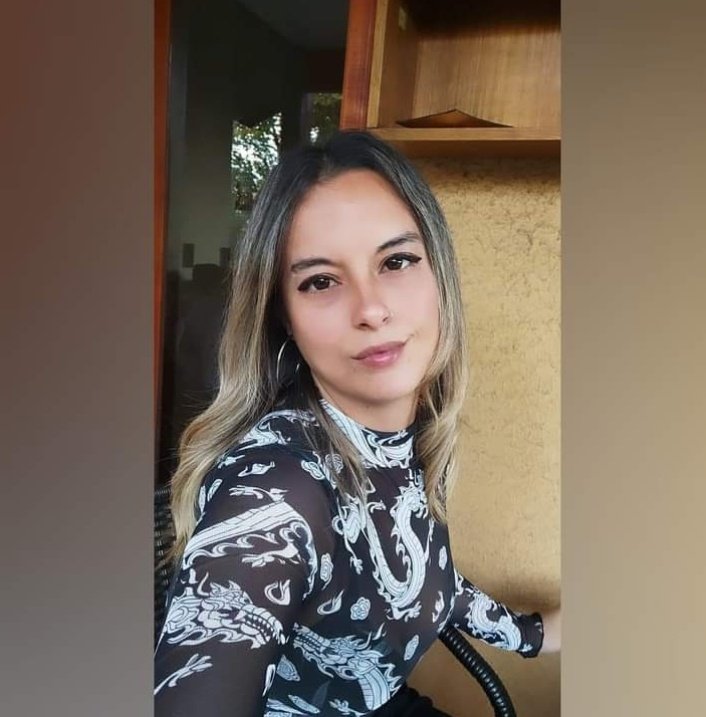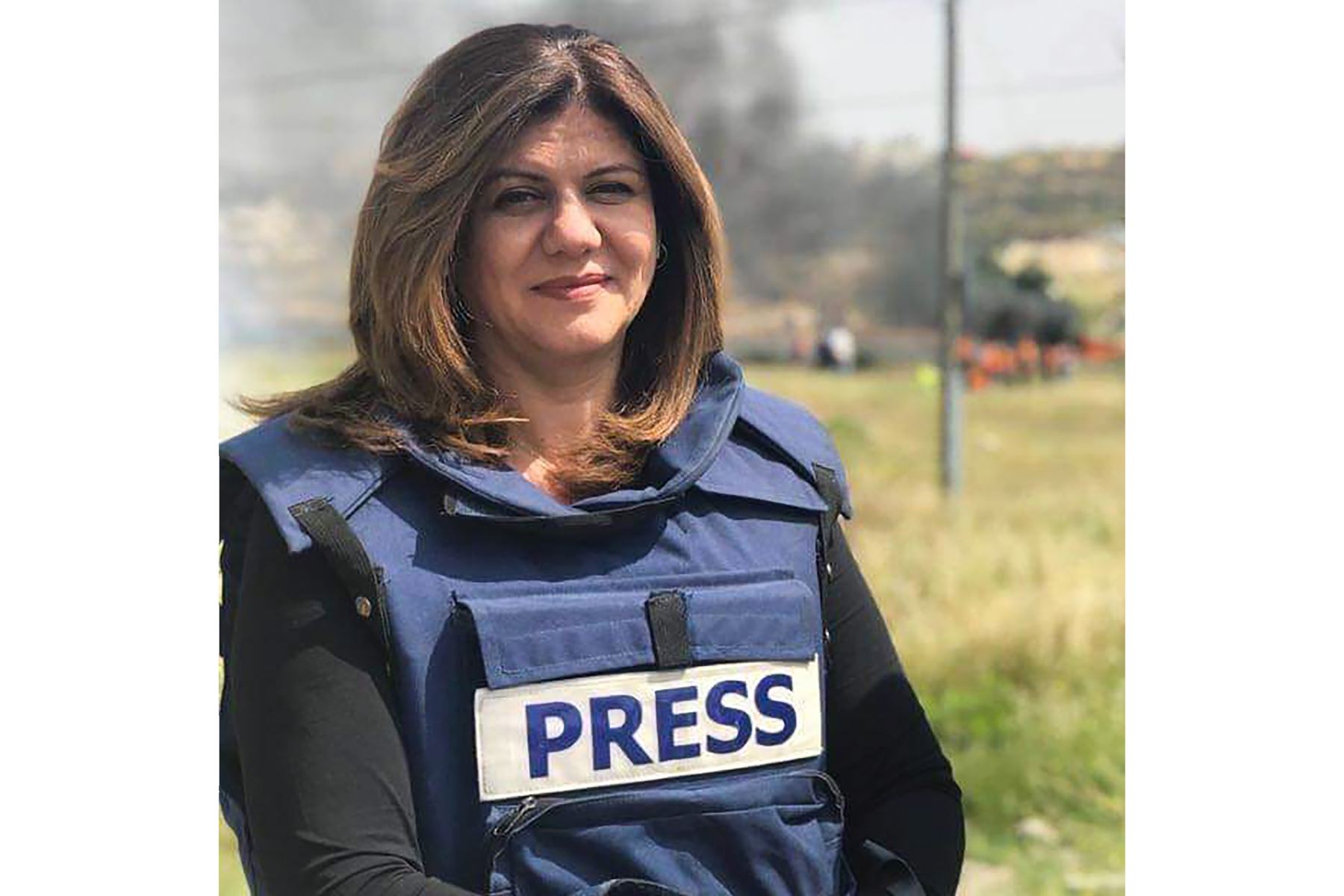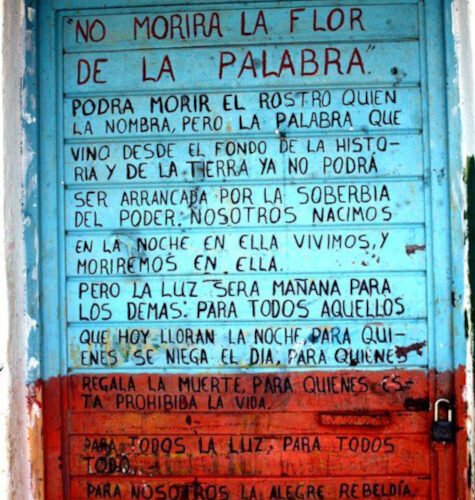En Abya Yala el tiempo AC es Antes de Colón y corresponde a una época que poco a poco vamos reconstruyendo con los jirones de memorias, relatos y registros; quipus, códices, petro y geoglifos que hemos ido rescatando e interpretando para demostrar que existimos antes que Europa nos descubriera y que registramos nuestras historias mucho antes de la imprenta. La comunicación es inherente a la humanidad y es un factor clave en su evolución, es un compartir experiencias, saberes, deseos, es un intercambio horizontal, una dialéctica en la que siempre estamos contrastando tesis, reflexionando, descubriendo, inventando. Existe un elemento revolucionario en la comunicación porque conecta a las personas, las hace ser conscientes de sí y de su entorno.
Antes y después de la imprenta, les comunicadores han sido un factor determinante en el desarrollo de comunidades, sociedades, reinos e imperios; desde el sur, los Chasquis, que en lengua quechua significa “el que entrega y recibe”, los mensajeros imperiales que recorrían el “camino del Inca”, que marcaba el territorio dominado; atletas de gran resistencia física, entrenados intensamente para recorrer el altiplano a toda velocidad, receptores finales del saber tradicional ancestral transmitido por los amautas, con el fin de preservar la cultura. Más al norte, en Mesoamérica, uno de los pocos oficios que no se heredaban era el de mensajero, debido a las cualidades físicas extraordinarias que eran necesarias: gran velocidad, agilidad, resistencia y fidelidad, además de tener buena memoria visual y capacidad para transmitir verbalmente los mensajes; los Paynani eran seleccionados minuciosamente debido a la importancia de su rol.
Casi podemos afirmar que una de las corrientes filosóficas fundamentales del siglo XIX, el marxismo, surge del periodismo, la primera actividad de Karl Marx, en las que desarrolló sus dotes de percepción y descripción de la realidad, lo que sumado a las carencias y sufrimientos de su propia existencia, le brindó la posibilidad de desarrollar una ideología sensible a los padecimientos de la humanidad. El periodismo fue también la primera actividad desarrollada por Gabriel García Márquez, cuya aguda mirada y acuciosa descripción terminó por inventar el movimiento literario más significativo y representativo de nuestra América en el siglo XX, el Realismo Mágico. Petrona Rosende, Nelly Bly, Sofía Casanova, María Luz Morales, Dorothy Lawrence, Lenka Franulic, Mariama Keïta, Oriana Fallaci, son algunas de las primeras mujeres que se dedican a esta actividad narrativo descriptiva de lo veraz, gracias a ellas conocimos los horrores de la guerra, del nazismo, del fascismo, supimos de la matanza de Tlatelolco por el relato de la Fallaci que fue testigo presencial de los hechos, su texto surge de entre los muertos, cuyos cuerpos la protegieron como si fuera una de ellos, hasta que pudo escapar, herida, pero con vida, de la masacre.
Reporteros sin fronteras indica que el 2020 fue el año con las peores cifras de encarcelamiento de periodistas, con 274 encarcelados a nivel mundial, contabilizándose actualmente 479 comunicadores presos; como Zhang Zhan, la periodista china independiente que informó desde Wuhan en el momento álgido del brote inicial de coronavirus, encarcelada durante cuatro años por un tribunal de Shanghai. Aunque el caso más reconocido y emblemático y trágico es el de Julian Assange, un programador australiano, fundador de Wiki Leaks un medio donde practicaba lo que denominó “periodismo científico”, al publicar miles de documentos clasificados de gobiernos y corporaciones que dejaron al descubierto grandes fraudes y engaños y alianzas secretas detrás de los conflictos bélicos de EEUU con Irak y Afghanistan, lo que le ha significado años de asilo político, hasta quedar detenido en el corazón del imperio británico, esperando la extradición desde EEUU, quienes lo requieren por el crimen de contar la verdad.
11 periodistas han sido asesinados/as en México en lo que va de este 2022, siendo las muertes más recientes las de Yesenia Mollinedo y Sheila Johana García, directora y reportera, respectivamente, en el portal El Veraz, en Veracruz. En Chile acaban de asesinar en la pasada marcha del 1° de mayo a la comunicadora del medio independiente, Señal 3 de la Victoria, Francisca Sandoval Astudillo. Las fuerzas represivas de Israel asesinaron de un tiro en la cabeza a la periodista norteamericana Shireen Abu Akleh en Cisjordania, hasta ahora, el gobierno norteamericano ha ofrecido su apoyo para esclarecer los hechos que condena enérgicamente, pero no llama al bloqueo de Israel ni apela a la unión europea para castigar la violencia contra los medios que sólo buscan informar y, quizá de alguna manera, defender a un pueblo del olvido y la desaparición, seguramente confían en que la venta de Twitter a un multimillonario resolverá los problemas de la libertad de expresión y la posverdad los hará libres.
“No morirá la flor de la palabra. Podrá morir el rostro oculto de quien la nombra hoy, pero la palabra que vino desde el fondo de la historia y de la tierra ya no podrá ser arrancada por la soberbia del poder”*. No morirá, aunque quieran hacernos creer que la verdad es un crimen, aunque vivamos la tragedia del no saber, del todo es mentira, montaje y superficialidad, propaganda del imperio para adormecernos, conformarnos para que no nos cuestionemos, para que no veamos los verdaderos crímenes, el genocidio palestino, las 100 mil personas desaparecidas en México, la narcopolítica, las colusiones empresariales, los tráficos de armas, de personas, de órganos, el abuso de la infancia, la violencia contra la mujer, quieren confundirnos y nos dicen que no hay tales conspiraciones y las ridiculizan para así seguir en total impunidad, es una estrategia conocida y cuando nos informamos verazmente, cuando estudiamos nuestra historia, lo descubrimos. No morirá, si no la dejamos morir.
In Abya Yala the time BC is Before Columbus and corresponds to a time that little by little we are reconstructing with the shreds of memories, stories and records; quipus, codices, petro and geoglyphs that we have been rescuing and interpreting to show that we existed before Europe discovered us and that we recorded our stories long before the printing press. Communication is inherent to humanity and is a key factor in its evolution, it is a sharing of experiences, knowledge, desires, it is a horizontal exchange, a dialectic in which we are always contrasting theses, reflecting, discovering, inventing. There is a revolutionary element in communication because it connects people, makes them aware of themselves and their surroundings.
Before and after the printing press, communicators have been a determining factor in the development of communities, societies, kingdoms and empires; from the south, the Chasquis, which in the Quechua language means «the one who delivers and receives», the imperial messengers who traveled the «Inca’s path», which marked the dominated territory, athletes of great physical resistance, trained intensely to cross the altiplano at full speed, final receivers of the ancestral traditional knowledge transmitted by the amautas, in order to preserve the culture. Further north, in Mesoamerica, one of the few trades that was not inherited was that of messenger, due to the extraordinary physical qualities that were necessary: great speed, agility, resistance and fidelity, they also had to have a good visual memory and the ability to transmit verbally the messages; the Paynani were carefully selected due to the importance of their role.
We can almost affirm that one of the fundamental philosophical currents of the 19th century, Marxism, arose from journalism, the first activity of Karl Marx, in which he developed his gifts of perception and description of reality, which added to the shortcomings and sufferings of his own existence gave him the possibility of developing an ideology sensitive to the sufferings of humanity. Journalism was also the first activity carried out by Gabriel García Márquez, whose sharp gaze and thorough description ended up inventing the most significant and representative literary movement of our America in the 20th century, Magical Realism. Petrona Rosende, Nelly Bly, Sofía Casanova, María Luz Morales, Dorothy Lawrence, Lenka Franulic, Mariama Keïta, Oriana Fallaci, are some of the first women who dedicate themselves to this descriptive narrative activity of the truthful, thanks to them we learned the horrors of the war, of Nazism, of fascism, we learned about the Tlatelolco massacre from the story of Fallaci, who was an eyewitness to the events, her text comes from among the dead, whose bodies protected her as if she were one of them, until she was able to escape, wounded but alive, from the massacre.
Reporters Without Borders indicates that 2020 was the year with the worst incarceration figures for journalists, with 274 imprisoned worldwide, currently accounting for 479 imprisoned communicators; such as Zhang Zhan, the independent Chinese journalist who reported from Wuhan at the height of the outbreak. initial coronavirus, imprisoned for four years by a court in Shanghai; although the most recognized and emblematic and tragic case is that of Julian Assange, an Australian programmer, founder of Wiki Leaks, a medium where he practiced what he called «scientific journalism», by publish thousands of classified documents from governments and corporations that exposed great frauds and deceptions and secret alliances behind the US war conflicts with Iraq and Afghanistan, which has meant years of political asylum, until a few years ago he was detained in the heart of the British empire awaiting extradition from the US, who require it for the crime in to inform.
11 journalists have been murdered in Mexico so far in 2022, the most recent deaths being those of Yesenia Mollinedo and Sheila Johana García, director and reporter, respectively, on the El Veraz portal in Veracruz. In Chile, the communicator of the independent media, Señal 3 de la Victoria, Francisca Sandoval Astudillo, has just been assassinated in the last May 1 march. The repressive forces of Israel shot dead the North American journalist Shireen Abu Akleh in the West Bank. Until now, the North American government has offered its support to clarify the facts, which it strongly condemns, but it does not call for a blockade of Israel nor does it appeal to the european union to punish violence against the media that only seek to inform and, perhaps in some way, defend a people from oblivion and disappearance, surely they trust that the sale of Twitter to a billionaire will solve the problems of freedom of expression and post-truth will set them free.
“The flower of the word will not die. The hidden face of those who name it today may die, but the word that came from the depths of history and the earth can no longer be uprooted by the arrogance of power.”* It will not die, even if they want us to believe that the truth is a crime, even if we live the tragedy of not knowing, it is all a lie, montage and superficiality, propaganda of the empire to lull us to sleep, to conform us so that we do not question ourselves, so that we do not see the true crimes, the Palestinian genocide, the 100,000 disappeared people in Mexico, narco-politics, business collusion, arms, human and organ trafficking, child abuse, violence against women, they want to confuse us and tell us that there are no such conspiracies and they ridicule them in order to continue with total impunity, it is a known strategy and when we truthfully inform ourselves, when we study our history, we discover it. It won’t die, if we don’t let it die.
* EZLN, Cuarta Declaración de la Selva Lacandona, en https://enlacezapatista.ezln.org.mx/1996/01/01/cuarta-declaracion-de-la-selva-lacandona/ / Fourth Declaration of the Lacandon Jungle en https://radiozapatista.org/?p=20287&lang=en , 1996.
